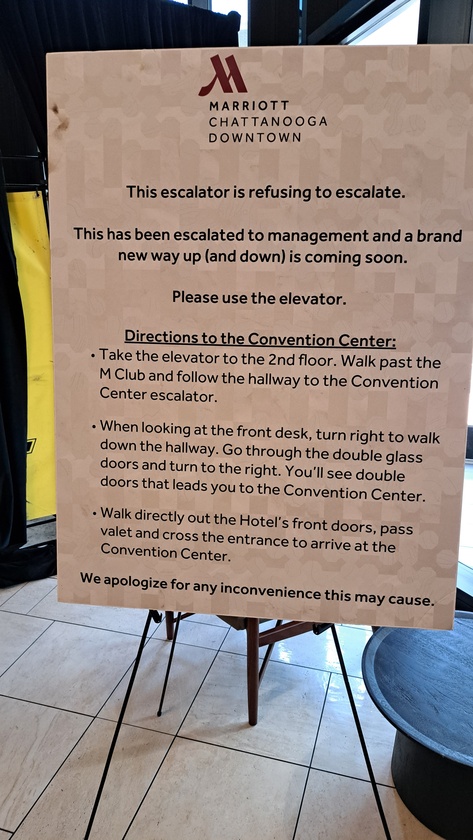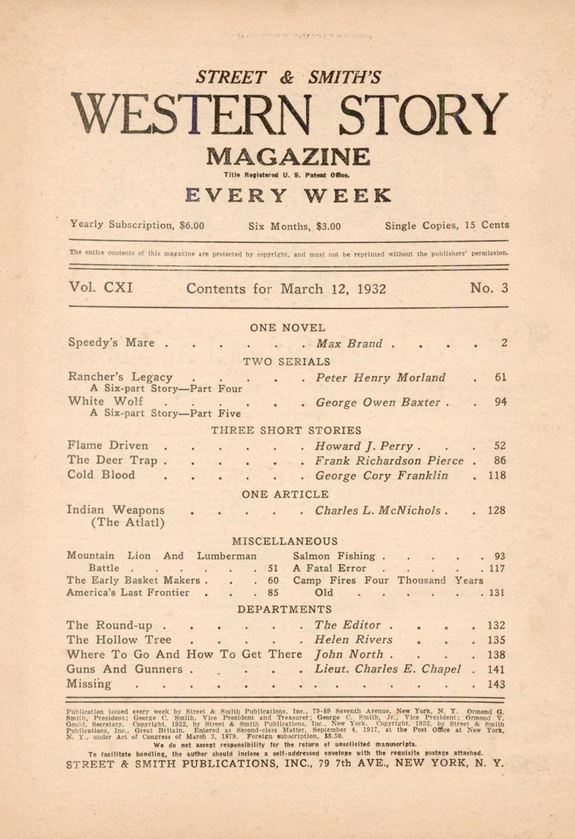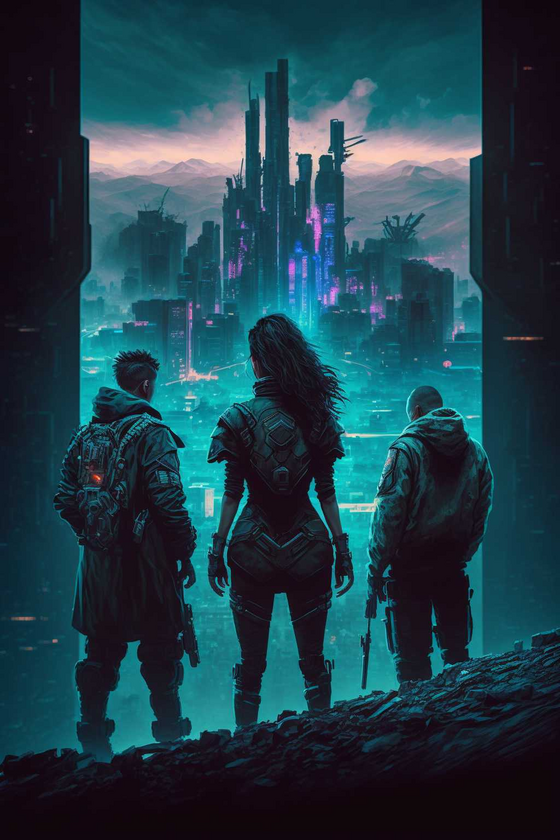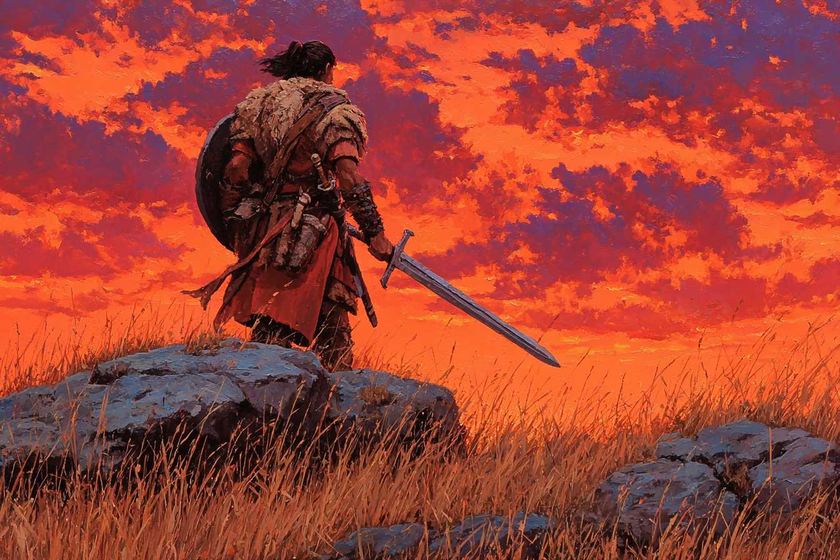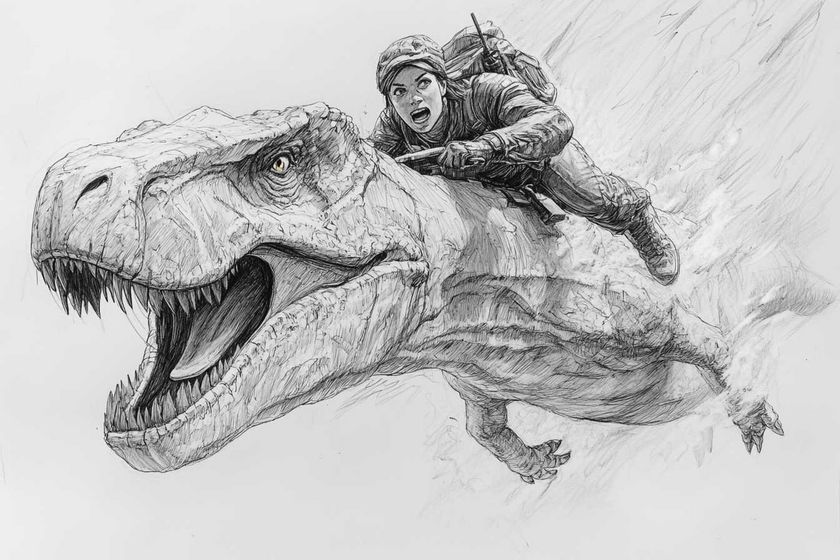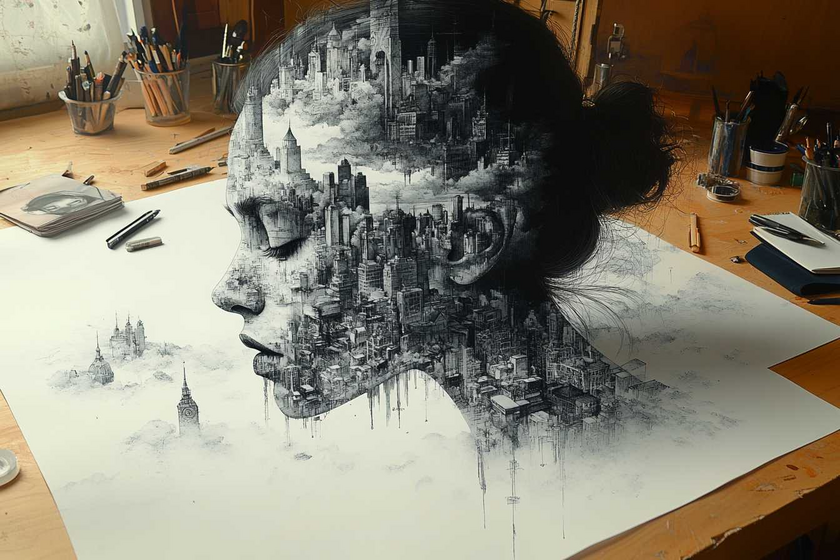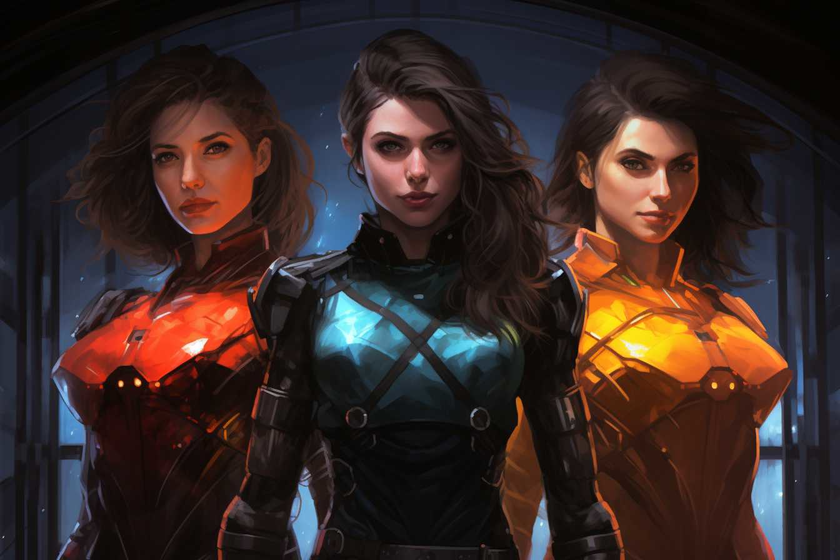
I'm going to talk about Marvel Studios in this post, but they are merely an avatar of, as far as I am able to tell, every corporate entity that deals in story today.
The Marvels released to theaters over a week ago, and I never had any desire to see it. I more or less checked out on Marvel after seeing the interesting but unbelievably flawed series WandaVision and Falcon and the Winter Soldier. Both of those convinced me of something I had long suspected: nobody at Marvel actually cares about story any more.
First, watch Script Doctor's analysis of The Marvels (it's short, though it spoils the story, if such a thing can be spoiled):
First off, he's right: the materials for a good story — a freaking great story, if done right — are there in what the movie presents.
But. They did not even try. And, perhaps more fatally given that this is Marvel, they laid zero groundwork for it in any of the movies or series that preceded it.
Consider how little groundwork actually had to be laid to set this up.
Show Carol Danvers, in Avengers: Endgame and whatever else she appeared in between that movie and this, as haunted, holding something inside that is eating her up. (Instead, she was presented as Practically Perfect In Every Way, because of course she was.)
Second, have her pop up on Earth enough that Ms. Marvel's fangirling over her makes a lick of sense. This could have been done with news stories in the background of various series and movies, easter eggs if you will, and mentions of great works not actually shown (a bit like Hawkeye and Black Widow mentioning Budapest in the first Avengers).
This wouldn't even contradict the haunted quality. Captain Marvel could perform great feats, but shun public engagement. Ms. Marvel could attribute that to humility, only to learn later that it was shame.
With even that little effort, they could have set up a very good or great movie. Sure, you could also have done a running thread with Rando Villain leading up to the movie. She's been hunting Danvers for decades after all. But leave that set-up aside.
Now, consider the better film they could have made.
Open in 1996 with Carol Danvers appearing out of the sky to lay waste to the Kree homeworld. Do it from the Kree point of view, and show her as cold, implacable, and remorseless. Then pull the rug out from under the viewer, and show her telling the story of what a monstrous thing she did to a bartender in Knowhere, more than a little drunk, but knowing that no matter how much power she has, there must be a reckoning for what she did.
Cut to a montage of the reckoning, Rando Villain hunting Danvers across time and space, forming her plan, learning to lead, acquiring allies. Compress three decades into a few minutes.
Then you establish Ms. Marvel heroing and fangirling, and Monica Rambeau learning to use her powers and how to hero, and then, if you really must, and can find a story reason for it, kick off the second act with the three of them suddenly teleporting into each others' places when they use their powers.
That's just the first act, and you can just about build the rest without thinking about it. Conflict, character, confrontation, disillusionment, just about everything you need for good drama should follow naturally if you sit down, think things through, and not tie yourself into knots thinking every woman in the film has to be perfect and flawless.
But Marvel didn't do any of that, despite having all the elements they needed.
Why?
Because nobody at Marvel who has any power gives a damn about story.
I'm not just a writer and publisher of pulp, I'm also a structural editor. This means that I see story a bit differently than most people, and can usually see why a story is not working, and how to fix it.
(For example, Sarah Hoyt gave me the fourth Shifters book, A Bowl Of Red, and asked what she had done wrong with it. Her beta readers didn't understand that the book was about the character it was really about, while she thought it was obvious. Reading it, I suggested that she begin the book from that character's point of view, either by adding a scene or slightly rewriting what she had already; and moving some scenes around in the climax so that the character's conflict was resolved last. Along with a few other minor fixes unrelated to putting that character front and center, that was all I gave her to change. But her beta re-readers all said that the changes made the book far better.)
Or, more to the point, in stories that largely work, I can see things that can and will be problems in the long run, even if they aren't in the immediate story at hand.
So when I say that I started seeing problems in the Marvel Cinematic Universe in 2016, understand that I'm not saying the movies were bad. I enjoyed most of them right up through Endgame.
But the build-up for Thanos was terrible. They teased him, without establishing anything about him. This was saved by the fact that Avengers: Infinity War made him the protagonist and somehow worked when it shouldn't have (just given the sheer size of the cast), an extended piece of bravura cinematic storytelling by the Russo brothers.
Even on a movie-by-movie level, however, there were cracks beginning to show. Captain America: Civil War was a mess. A glorious, entertaining mess, to be sure. But it was a rush job, and frankly an obvious rush job, saved by the fact that the characters were already strongly established in the audiences' minds and the fact that the Russos, at least, cared about storytelling. They wisely chose to make it a Cap versus Tony story instead of the massive canvas it could have been (yes even in spite of the rather large cast) and, whatever else is wrong with the movie, that conflict works because of the Russos and because the actors made it work.
But they made mind-boggline decisions that probably made sense in the moment, but make no sense on the large scale. For example, the most famous speech from the Civil War comics event was Captain America's "No, you move," speech. Cap is the moral center of the Marvel universe, in any iteration. So what did they do? They took the speech away from Cap, and gave it to Sharon Carter at Peggy Carter's funeral, so that it could inspire Cap. WHAT!?
I reiterate, Captain America is the moral center of the Marvel universe, so why on Earth did they take away his speech from him, and feel like he needed to be inspired by it? (Yes, it works in the context of the movie, although just barely. In the context of who Captain America is, it makes zero sense.)
The next film was Doctor Strange and it was well done indeed, honoring Steve Ditko's creation very well, and even getting past the casting of Tilda Swinton as The Ancient One (guys, really? You couldn't cast You Ge? What the hell?). But, there was another mistake. It's one I haven't seen many people, even fairly hardcore Marvel nerds, comment on.
Doctor Strange was set more or less contemporary to when it was released. Yet Doctor Strange was noted years before as a potential major problem to deal with by Thanos. If he only started operating as the Sorceror Supreme in 2016, how would anybody on Earth, let alone off of it, know him by reputation!? All that they needed to do was set the film ten years earlier, perhaps with a brief post-credit scene showing Strange in another dimension during Loki's attack on New York, arriving back just too late for the "party".
Then there were the things set up that were paid off poorly in the rush to get to Infinity War. The ocean prison for super-powered individuals in Captain America: Civil War never shows up after it's noted that the heroes got broken out. Really? Thor's quest to find information on the Infinity Stones gets a mention as an abandoned project in Thor: Ragnarok, another hugely entertaining movie that basically says "Continuity? We don't need no steenking continuity!" (Although, admittedly, the payoff of the Hulk that was set up in Age of Ultron was pretty good and let Hulk become more of a character.)
None of these movies are awful. They all remain entertaining. But the cracks were starting to show. Somebody in charge should have worked harder to make the over-story of the movies work more smoothly, but nobody cared. The directors of the individual films cared about the movies they were making, and (reportedly) James Gunn tried to be a guiding influence with the Thanos over-story, to at least some positive effect. (Though not as much as it could have been. Thanos said "Fine, I'll do it myself" in the post-credits scene in Age of Ultron. Why did he then wait three years before, you know, doing it? No explanation has ever even been implied. He waited three years, then attacked Xandar offscreen. That's all we know.)
But with the aftermath of Endgame the real problems came. What they probably should have done was put the Marvel Cinematic Universe on hold for a few years and then started anew, since Disney had by then acquired the rights to all the Marvel characters and could do a new MCU with every character in it, properly. Or, if they really felt the need to continue after Endgame, they needed to make some changes to Endgame's story and also sit down and figure out a damn plan for Phase 4.
But they did not do that, because they forgot the business they are in. Or, given how many people were fired or otherwise let go, those who remain never knew it in the first place.
Many, following Bob Iger and Kathleen Kennedy's lead, thought they were in the business of creating propaganda to control what the masses think.
Some, following KK either purposely or not, believed their job was to "express themselves" by hijacking IP they did not create, and injecting their narcissistic personal concerns into it. (I'm looking at you, She-Hulk.)
Some, like Rian Johnson, believe their job is to demonstrate to the masses how infinitely superior they, as creators, are to the masses, and rub their noses in it.
And the "story groups" at Disney were allowed by producers and executives who damn well should have known better that their job was to "scrap book" movies and TV shows, instead of writing stories. (If you don't know, Disney shows and movies of the past five years or more have been created not by writing screenplays and then shooting them, but by writing endless variations on scenes, shooting them all, and then deciding in editing which way the story should go, which they call scrap-booking. This is why shows like WandaVision and Falcon and the Winter Soldier were such shapeless messes.)
No.
The business of an entertainment company is to entertain, to tell stories, stories that people want to experience.
Anything else and you get disasters like The Marvels, projects that had hundreds upon hundreds of millions of dollars spent on them, that will never come within sight of breaking even, let alone making any money. They made a movie about characters nobody cares about, spent upwards of four hundred million on it, and an unknown amount marketing the thing. To break even, they probably need to clear a billion dollars, and the way things look now, they'll be lucky to hit two hundred million worldwide.
Because everybody forgot the business they were in.
Idiots.
